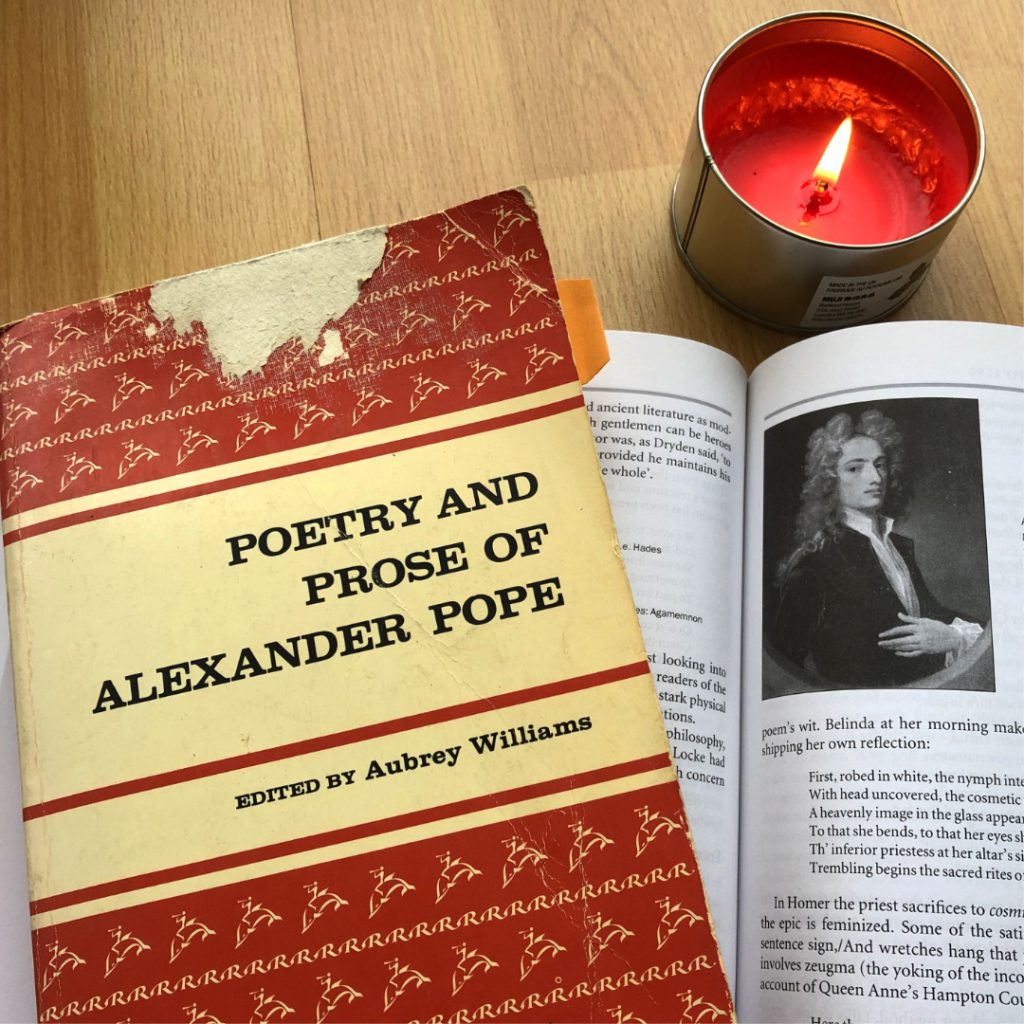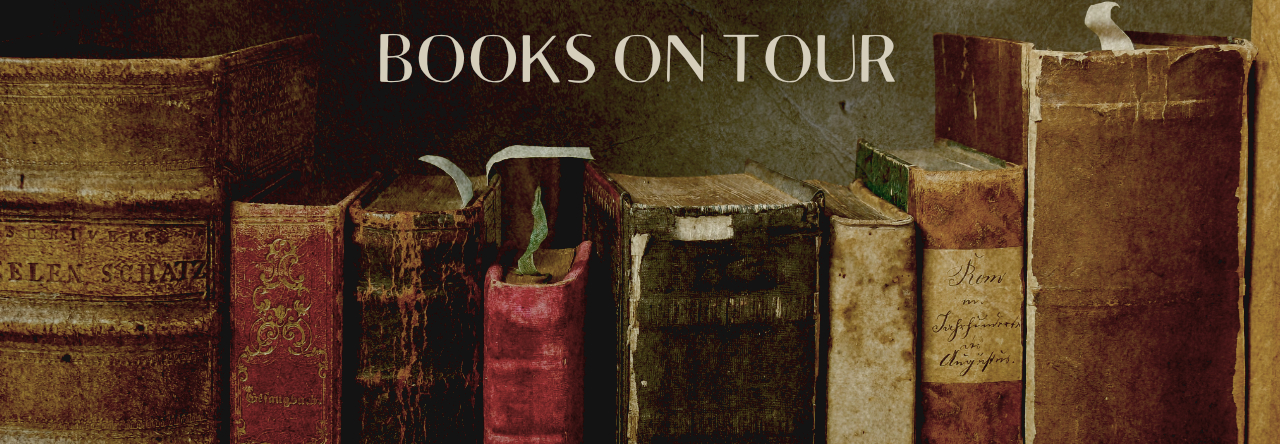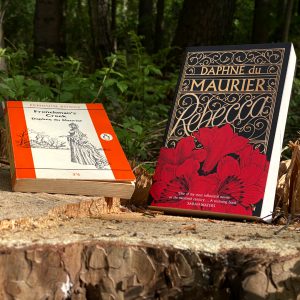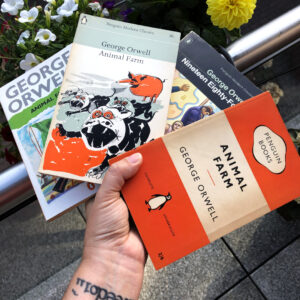
Alexander Pope is the main author of the first part of the Augustan period. He was one of the biggest influences on English literature at his time and nowadays.
He was born on May, 21st 1688 in London. His parents were Alexander (a Catholic linen merchant) and Edith Pope. In the year 1700, the family moved to Binfield (Berkshire) due to the anti-Catholic legislation of the Protestant King William of Orange.
Because of this same anti-Catholic legislation, he could not attend public school, so Pope had little formal education. He taught himself by reading extensively, especially poetry.
During his childhood he was extremely ill, because at the age of 12, he suffered from spinal tuberculosis. Consequently he had various health problems: his back (he suffered from curvature of his spine, for which he had to wear a rigid brace); he had constant headaches; and the illness stunted his growth.
He started writing very early, and his first writings attracted the attention of an editor called Jacob Tonson who included Pope “Pastorals” (1709) in his “Poetical Miscellanies”, where he showed his early metrical skills.
Later on in 1711, he wrote his most ambitious work, “Essay on Criticism” and the following year “The Rape of the Lock”, a masterpiece of “mock-epic”. This book made him very famous as a poet and known to the general audience. In it, Pope made fun of the elite society. Furthermore, he published several other poems in 1717.
POET, TRANSLATOR AND EDITOR
Pope also made several translations and imitations of classical writers, like his “Messiah” (1712), an imitation of Virgil. His most famous translation was the one from Homer’s “Iliad” in six volumes, which occupied him until 1720. This work was financially quite successful and well praised by the critics.
Thereafter, working together with two others translators, William Broome and Elijah Fenton, he undertook the task of translating Homer’s “Odyssey” from 1725 to 1726.
Pope also worked as an editor. Famous were, for example, his six volumes on the works of William Shakespeare, published in 1725. However, they were highly criticised for his changes in the text and his “corrections” of the meter.
In 1728, Pope published anonymously a three-volume book called “The Dunciad”. It is a satire where he attacked several people with whom he had resentments (like critics of his works). Afterwards, in 1743, he published a fourth volume, being this one his last published book.
Other books by Pope are “An Essay on Man” (1733-34, where he summarises the dogmas of 18th century society and philosophy), “Imitations of Horace” (1733-38) and numerous “Epistles” like “An Epistle to Dr. Arbuthnot” (1735).
He became more and more ill until his death in 1744. He was buried at St. Mary’s Church in Twickenham (Middlesex).
Alexander Pope will be remembered for his originality in using the traditional forms in poetry. Constantly mocked by his physical appearance, he however achieved mastery over classical poetic forms, namely the “heroic couplet”. After his death, he had many imitators but few successors who could write with such a level of mastery as he could.
“A little learning is a dangerous thing; drink deep, or taste not the Pierian Spring: There shallow draughts intoxicate the brain, and drinking largely sobers us again”
“An Essay on Criticism”, 1709



